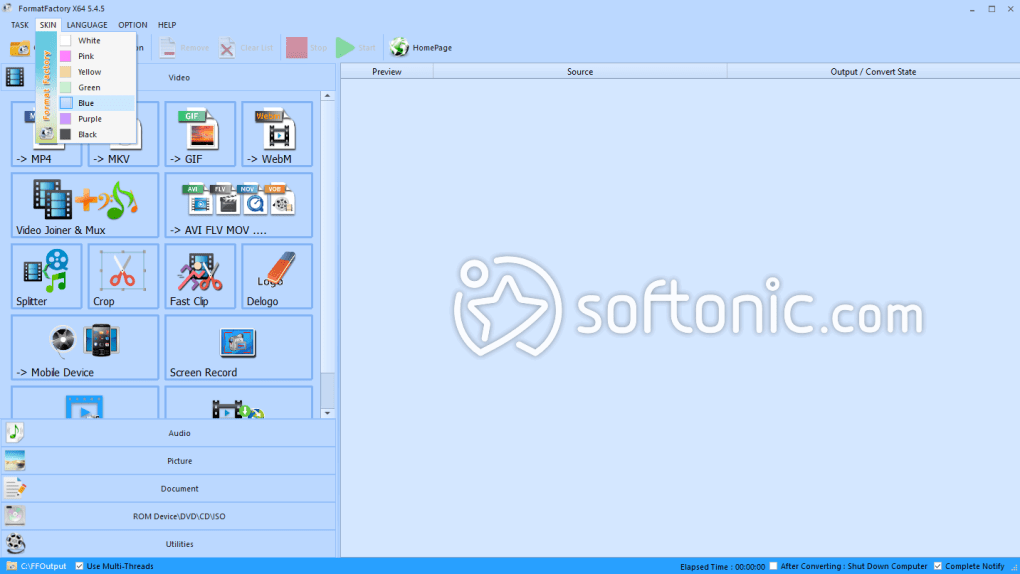
The current study aims to explore whether musical expertise also helps tone naïve listeners to correctly identify Mandarin Chinese tones. Both the perception of native ( Schön et al., 2004) and foreign language speech ( Marques et al., 2007) have been reported to benefit from musical experience ( Milovanov et al., 2008, 2010 Marie et al., 2011). Neuropsychological as well as behavioral studies have revealed that musical expertise positively influences aspects of speech processing such as lexical pitch ( Alexander et al., 2005 Delogu et al., 2006, 2010 Ong et al., 2017), sentence intonation, and perceiving the metric structure of words ( Marie et al., 2011). Musical ability has been shown to be an important factor in many aspects of language learning.

In the current study, we focus on two factors which may contribute to Mandarin tone perception: musical ability (comparing musicians and non-musicians), and modality (comparing auditory-visual stimuli with auditory-only stimuli). Given the ubiquity of tonal languages and their increasing economic importance ( Maddieson et al., 2013), identifying factors that promote efficient learning of Mandarin tones has attracted considerable scholarly attention (for example, So and Best, 2010 Hao, 2012).

Although tonal movement tends to correlate with other acoustic variables, the consensus is that F0 (as the correlate of perceived pitch) is the dominant acoustic feature for Mandarin Chinese tones ( Tseng, 1981). Marked by fundamental frequency (F0), pitch patterns and intrasegmental prosody, Mandarin Chinese has four main distinctive tones, conventionally numbered 1–4: tone 1: high-level (5-5 2) tone 2: mid-rising (or mid-high-rising 3-5) tone 3: low-dipping (also low-falling-rising or mid-falling-rising 2-1-4) and tone 4: high-falling (5-1) ( Chao, 1948). Unlike most European languages, which rely primarily on phonological distinctions between consonants and vowels to distinguish word meanings, tone languages, such as Mandarin Chinese, additionally use tones to distinguish meanings at the lexical level. Learning to identify Mandarin tones is difficult for speakers of non-tonal languages. Of these, Mandarin Chinese is spoken by the largest population by far (total users in all countries in 2015: 1,107,162,230 1. More than half of the languages (60–70%) spoken in the world are so-called tone languages ( Yip, 2002). These findings suggest that learning to perceive Mandarin tones benefits from musical expertise, and visual information can facilitate Mandarin tone identification, but mainly for tone-naïve non-musicians.

Out of all the musical skills measured by the Goldsmith Musicality Index, the amount of musical training was the only predictor that had an impact on the accuracy of Mandarin tone perception. In addition, performance differed by tone: musicality holds its main effect on each level of tone while the influence of modality differs for individual tones the identification of tone 3 (a low-falling-rising) proved to be the easiest, while tone 4 (a high-falling tone) was the most difficult to identify for all participants. Both groups identified tones more accurately in the auditory-visual condition than in the auditory-only condition. Overall, musicians outperformed non-musicians in the tone identification task in both auditory-visual and auditory-only conditions. The Goldsmith Musicality Index was used to assess the musical aptitude of the participants. To examine the effects of visual information in speech, Mandarin tones were presented in auditory-only or auditory-visual modalities to participants with or without musical experience. Extending this body of work, this study investigates the effects of musicality and modality on Mandarin tone identification in tone-naïve participants.

Department of Communication and Cognition, Tilburg School of Humanities and Digital Sciences, Tilburg University, Tilburg, NetherlandsĪ considerable number of studies have shown that musical ability has a positive effect on language processing.Yueqiao Han *, Martijn Goudbeek, Maria Mos and Marc Swerts


 0 kommentar(er)
0 kommentar(er)
